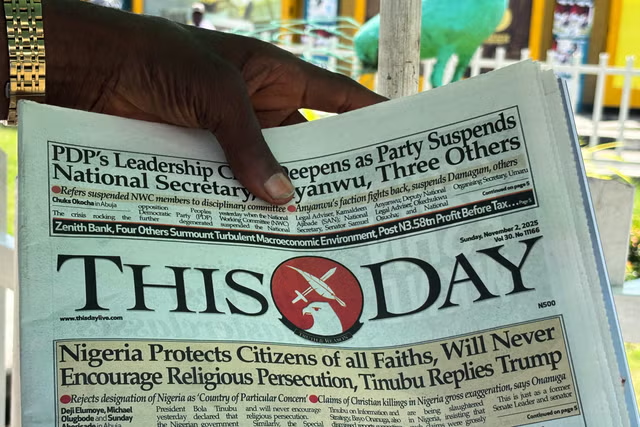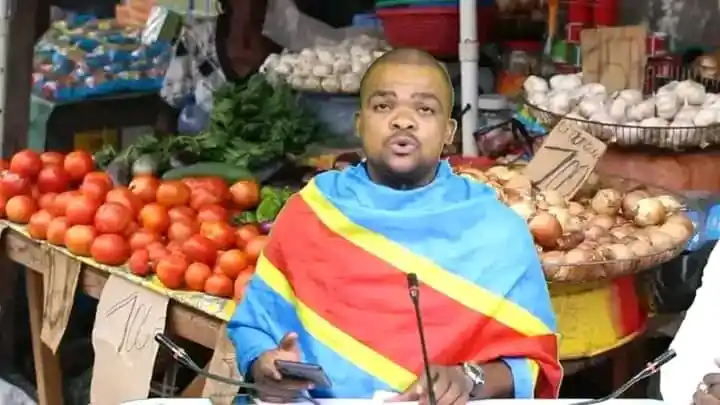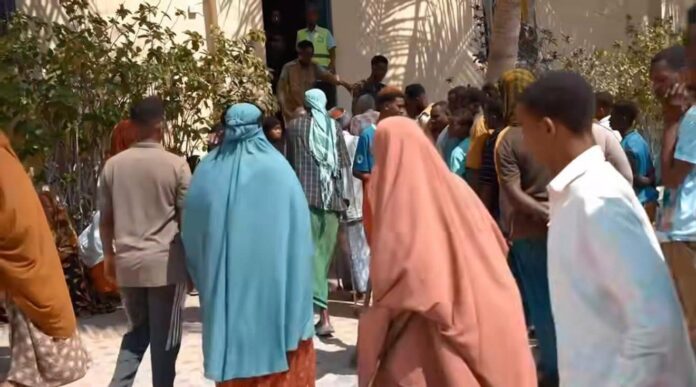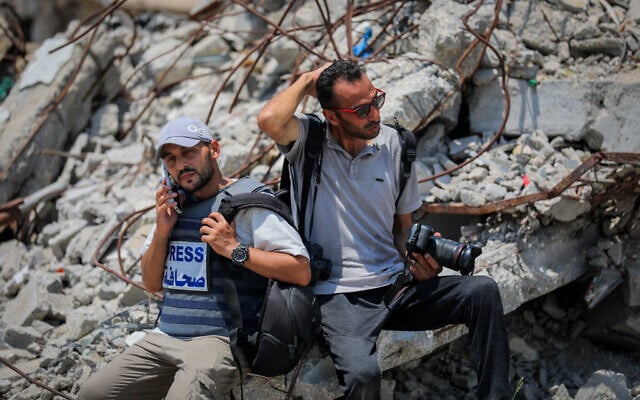
US Pushes Gaza Strip Access for Foreign Journalists Amid Ceasefire
November 3, 2025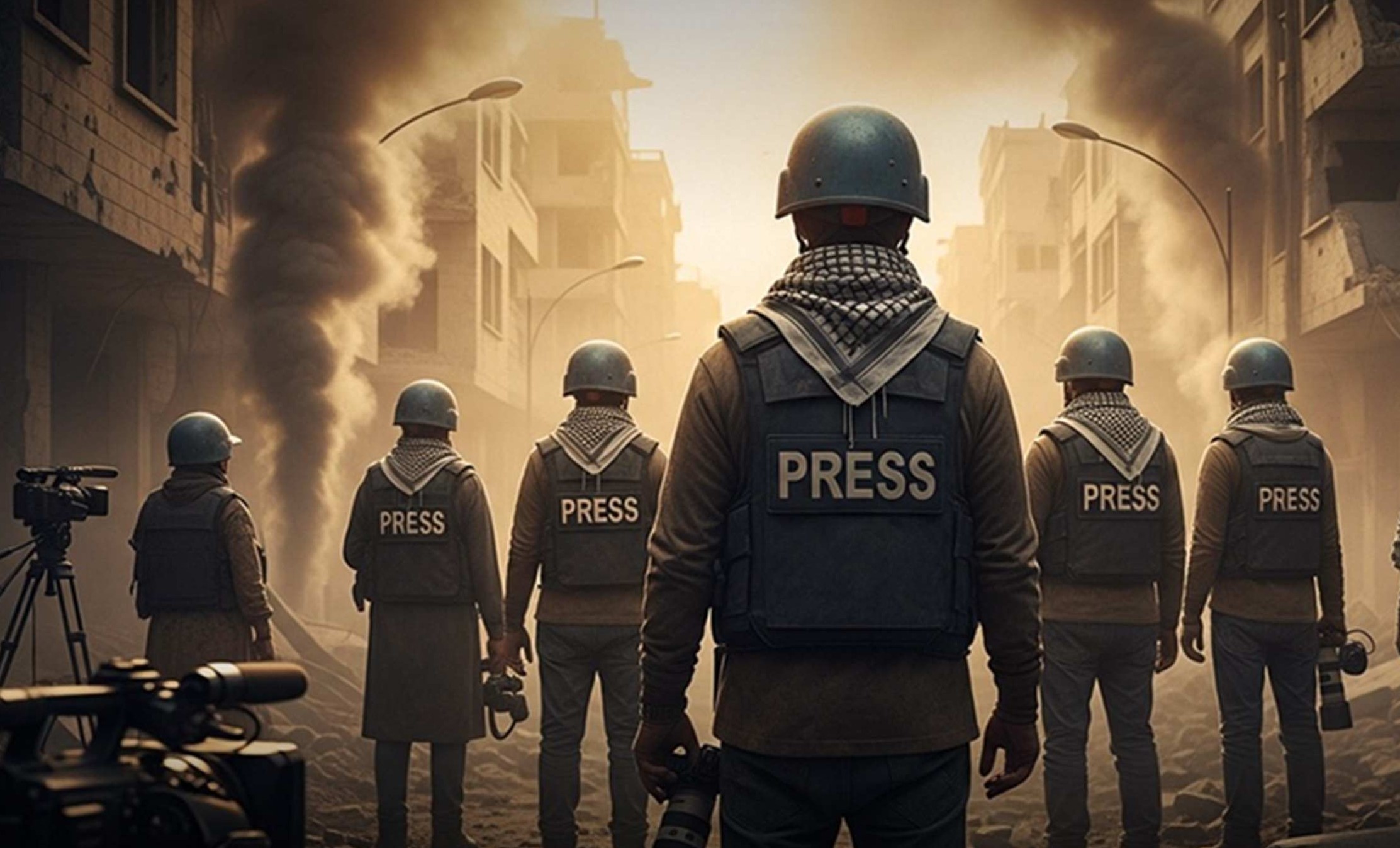
Qatar Press Centre Demands Justice for Crimes Against Journalists
November 3, 2025November 03, 2025 – Ghana –
On the annual International Day to End Impunity for Crimes Against Journalists, press-freedom advocates have pointed out the glaring absence of accountability in the 2019 killing of Ghanaian investigative reporter Ahmed Hussein‑Suale Divela. Nearly seven years after Suale was shot dead in Accra, none of the persons who directed or carried out the crime have been definitively identified, charged, or convicted, raising serious concerns about systemic impunity in Ghana’s media landscape.
Suale was a member of the investigative journalism outfit Tiger Eye PI. His work focused on exposing corruption-linked networks and contentious public-official relationships, and he faced repeated threats in the lead-up to his assassination. Despite arrests in connection with the case, Ghanaian authorities have not furnished enough evidence to secure convictions, and in October, the attorney-general closed a major suspect file citing “insufficient evidence”.
The Committee to Protect Journalists (CPJ) accused Ghanaian state institutions of failing in their duty to protect Suale and to deliver justice in his case. CPJ Africa Director Angela Quintal said the persistence of this failure—at a time when the global community is observing the Day Against Impunity—amounts to a “serious stain on press freedom” and invites further risk to journalists working on sensitive beats.
Ghana enjoys a reputation as a relatively open press environment in the region, but Suale’s unresolved murder signals that even in such settings, investigative journalism can incur lethal consequences without redress. The case has become emblematic of the broader issues of threats, intimidation, and murder of media workers, followed by investigations that stall and justice that never arrives.
Press-freedom groups are now urging the Ghanaian government to reopen the investigation with full transparency, release all relevant files, and ensure that those behind the killing are held accountable. Advocates argue that unless a strong signal of justice is sent, the risk to journalists, especially those probing corruption and abuse of power, remains high—and the public’s right to know remains compromised.
Reference –
No justice for murdered Ghanaian journalist as world marks day to end impunity

